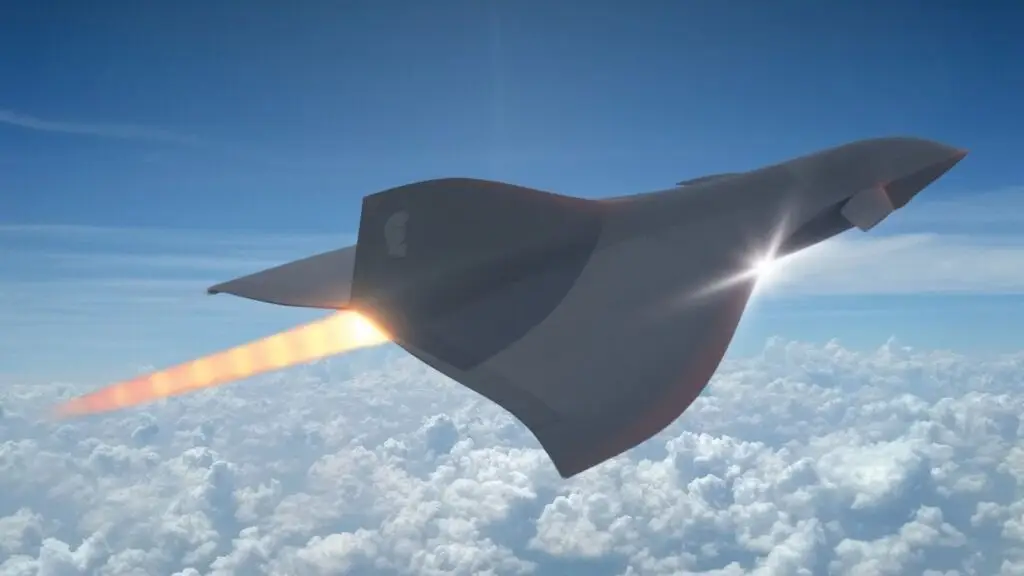A British hypersonic aviation company, touted as a successor to the Concorde, is on the brink of collapse. The company, Reaction Engines, is urgently seeking new funding to avoid insolvency.
PwC has been lined up to act as administrator should Reaction Engines fail to secure the necessary capital. The company is currently in talks with the UAE’s Strategic Development Fund and other investors.
Critical Funding Issues
Reaction Engines, based in Oxfordshire, is in urgent need of new funding to continue its operations. The company has approached the UAE state-backed Strategic Development Fund, one of its existing shareholders, for financial support.
PwC has been put on standby to oversee a potential insolvency if the funding talks fail. Reaction Engines has previously raised £150 million but now requires additional tens of millions within weeks to survive.
Investor Concerns
Several of Reaction Engines’ investors, including BAE Systems and Rolls-Royce, are deliberating whether to provide further financial assistance. The company’s valuation has significantly decreased, causing concern among stakeholders.
Artemis, an existing investor, has reduced the value of its 2.3% stake in the company by 75%. Similarly, Schroders Capital Global Innovation Trust slashed its holding value by a substantial margin, reflecting the precarious financial situation.
Technological Advances and Challenges
Founded in 1989, Reaction Engines specialises in advanced propulsion systems. The company aims to develop engines capable of powering aircraft to speeds of Mach 25, approximately 19,000 miles per hour, outside the Earth’s atmosphere.
Despite its technological advancements, Reaction Engines remains loss-making. Earlier in the summer, the company’s chair, Philip Dunne, acknowledged that financial performance had not met forecasts.
The company also envisages its technology being utilised in hydrogen and battery-powered zero-emission flight technologies, offering a potential revenue stream.
Market Conditions and Financial Performance
Market conditions have become increasingly challenging, affecting Reaction Engines’ ability to raise new equity. Philip Dunne has highlighted that the financial climate is tougher now than during previous fundraising rounds.
The company reported a more than 400% increase in commercial revenues last year and has a promising pipeline of contracts and R&D opportunities. Nevertheless, it continues to face significant financial hurdles.
Potential for Future Growth
Reaction Engines’ cooling technology, applicable to various military aircraft, has the potential to generate substantial short-term and long-term revenues. This technology has attracted interest for its innovative applications.
The company recently appointed Silverpeak to oversee new fundraising efforts. It aims to secure capital from both existing and new investors to support its ongoing projects and technological developments.
If these financial hurdles are overcome, Reaction Engines could see a significant upward revision in its valuation, offering hope for its future prospects.
Management and Structural Changes
Earlier this year, Reaction Engines implemented workforce reductions and simplified its leadership structure. These measures were taken to streamline operations and reduce costs.
Despite these efforts, the company remains in a precarious financial state and urgently needs new funding to continue its pioneering work in hypersonic flight technology.
Reaction Engines, a pioneer in hypersonic flight technology, is facing severe financial challenges. The company’s future is heavily dependent on securing new funding, with PwC on standby to administer potential insolvency.
The outcome of the ongoing financial discussions will determine whether Reaction Engines can continue its visionary work or face the prospect of collapse.

